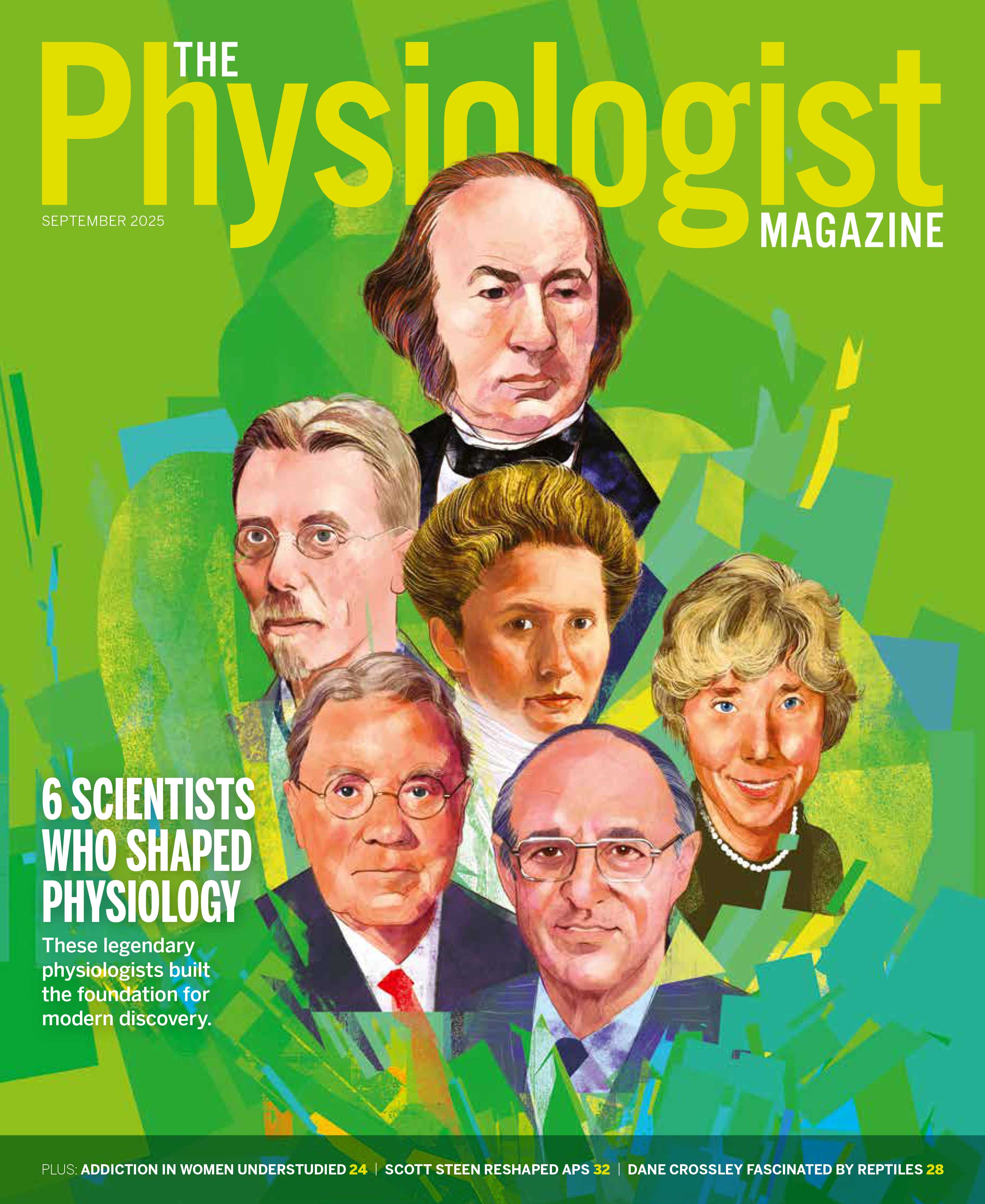Riding the Winds of Redirection
By Jazmine I. Benjamin, PhD

As a child, I vividly recall the day I learned to ride a bike. It was a sunny afternoon, and my uncle stood beside me, holding onto the back of the seat. With wobbly legs and a heart full of determination, I pedaled forward, my uncle following close behind. As I careened toward the road, he grabbed my handlebars, redirecting me away from the hazard and helping me continue my journey.
In the scientific process, redirection manifests in various forms. It could be a hypothesis that doesn’t yield the expected results, a grant that doesn’t get discussed, or a failed exam. Just like my early attempts to ride a bike, each experience provides valuable insight, guiding us toward new avenues of exploration. Consider the story of Alexander Fleming: In 1928, Fleming returned from vacation to find a petri dish contaminated with mold. Rather than dismissing it as a failed experiment, he observed that the mold had killed surrounding bacteria, leading to the development of the first antibiotic and revolutionizing modern medicine.
Redirection also plays a crucial role in interdisciplinary collaboration. By bringing diverse perspectives and expertise together, scientists can tackle complex problems from multiple angles. The Human Genome Project, for instance, involved biologists, chemists, computer scientists and mathematicians working together to map the entire human genome. Through continuous redirection and collaboration, they achieved a monumental scientific feat with far-reaching implications for medicine and beyond.
This motif of redirection has been ever present in my academic life: I applied to college as a psychology major. I switched to biology (then chemistry … then biology again). I had my eyes set on medical school but found that my talents leaned more toward success in biomedical research and scientific communication.
My experience in grad school epitomized redirection: three research labs over six years, each in wildly differing fields—all leading to a short postdoc and finding myself transitioning away from academia to a totally unexpected field. At each junction, when I felt that I was careening toward the proverbial road, a gentle hand guided me in the right direction, keeping my journey going and ultimately pushing me toward my purpose.
In essence, the power of redirection lies in its ability to transform setbacks into opportunities and catalysts for innovation. Like learning to ride a bike, it requires resilience, adaptability and a willingness to trust the process and know that you will end up where you are meant to be.
As we navigate the complexities of science and life alike, let us remember the lessons of redirection embedded in our earlier memories. By embracing curiosity, perseverance and the willingness to change course when necessary, we can unlock new frontiers of knowledge and create a brighter future for future generations.
Jazmine I. Benjamin, PhD, is a medical science liaison at Syneos Health in support of Ipsen Pharmaceuticals. She leverages her experiences in academic research to educate clinicians on specific drugs, resulting in improved patient care.
This article was originally published in the July 2024 issue of The Physiologist Magazine. Copyright © 2024 by the American Physiological Society. Send questions, comment or column idea to tphysmag@physiology.org.
The Physiologist Magazine
Read the Latest Issue
Don’t miss out on the latest topics in science and research.
Contact Us
For questions, comments or to share your story ideas, email us or call 301.634.7314.


